Cassis chosen as Switzerland’s new cabinet minister
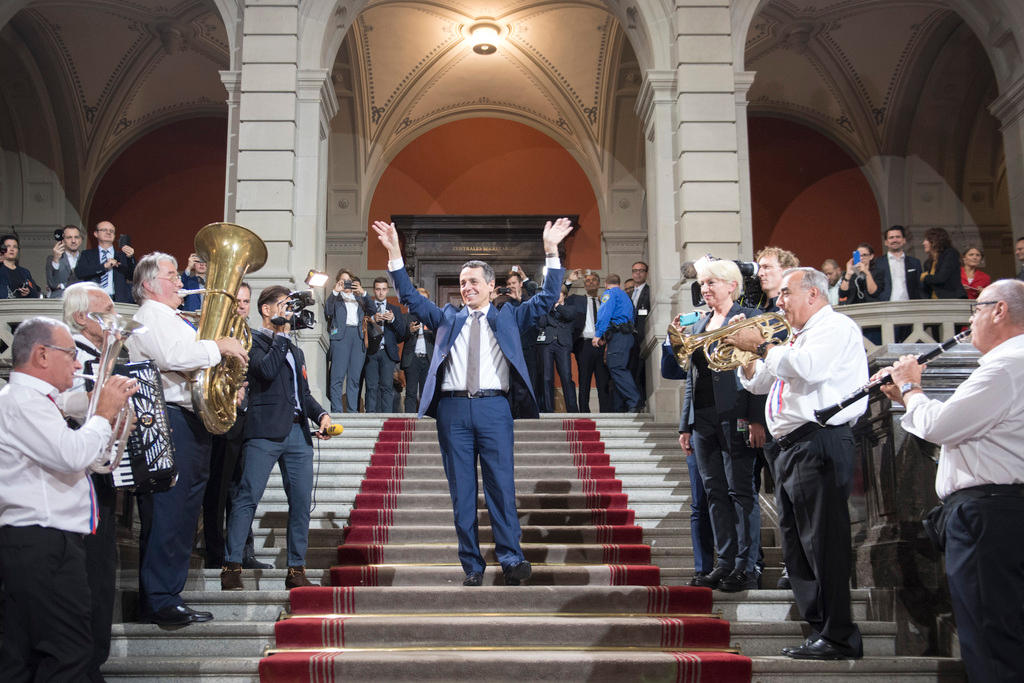
Parliament has elected Ignazio Cassis, a member of the Italian-speaking minority, to the seven-member Swiss cabinet. He will replace Didier Burkhalter on the multi-party government.
Following two rounds of balloting, Cassis, who was a favourite for the post, beat his fellow centre-right Radical Party rivals Pierre Maudet and Isabelle Moret.
“He was elected by the rightwing and centre-right members of parliament,” says political scientist Nenad Stojanovic.
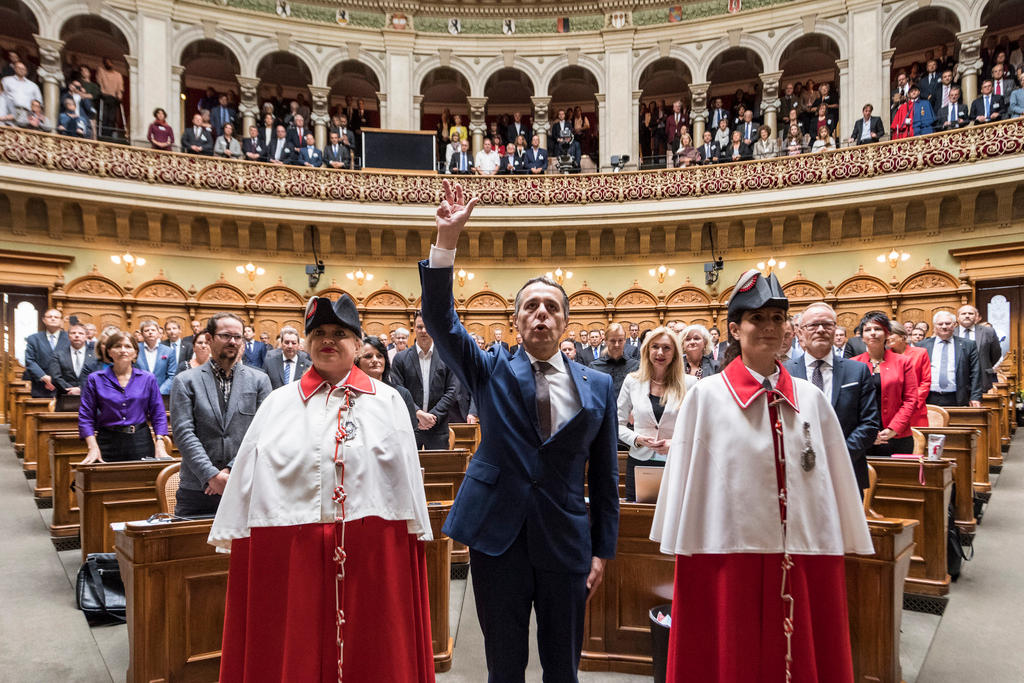
More
The lightning election of Ignazio Cassis
But it remains to be seen to what extent Cassis will follow their agenda as cabinet members are not bound by party politics.
According to Stojanovic, Cassis won the race – taking 125 of the 246 votes – primarily because of his stance “in the political – or ideological – spectrum”, not because of his origins.
Italian-speaking minority
Cassis is the first cabinet minister from the Italian-speaking canton of Ticino since 1999. Cassis replaces Foreign Minister Burkhalter, who handed in his notice in June for personal reasons.
However, as a newcomer, it is unlikely Cassis will be given what is considered a choice dossier. The portfolios are expected to be allocated among the seven ministers later this week.
“I will take my political values as a Radical Party member to the cabinet, but I’m prepared to listen to other opinions and reserve the right to change my mind if need be,” he told a news conference.
Politically, Cassis is a supporter of liberal economic policies with a limited government role in free market affairs. The following graphic shows where he stands on that and other issues.
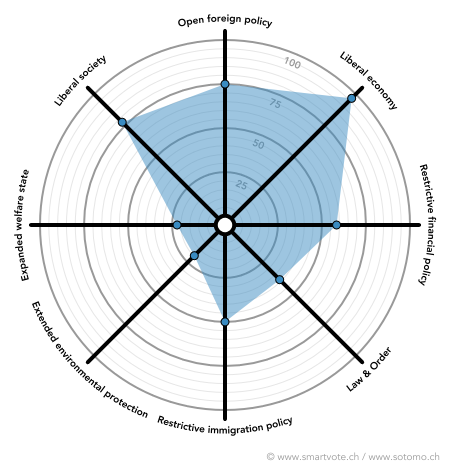
The Swiss government, also known as Federal Council, is made up two representatives each from the Radical Party, the rightwing Swiss People’s Party, the leftwing Social Democratic Party as well as one member of the centrist Christian Democrats.
Respect
Addressing parliament in his acceptance speech in Italian, German, French and Romansh, the 56-year old Cassis pledged to respect Switzerland’s consensus politics, its minorities and different opinions.
“Freedom is always the freedom of the one who thinks differently,” he quoted the German-Polish philosopher and Marxist theorist, Rosa Luxemburg.
In his speech, Cassis referred to the Italian-language community, which makes up around 8% of the Swiss population, and its special cultural sensibilities.
He also said he would do his best and try not to disappoint expectations while remaining true to himself.
Campaign
The three-month campaign ahead of Wednesday’s vote focused mainly on the geographical origins and the gender of the candidates. Special political leanings played a minor role in the public debate.
The claim of the Radical Party for a seat was not contested by other political groups.
Nevertheless, Cassis was criticised for his role as a lobbyist for a health insurance industry and his liberal stance on the legalisation of drugs.
He was also slammed for announcing he would give up his dual nationality if elected to the cabinet although he’s under no legal obligation to do so.
Born to Italian parents in Switzerland in 1961, Cassis held both an Italian and a Swiss passport.
Cassis is from Sessa, a small municipality near the city of Lugano that lies close to the Italian border.
A doctor by profession, he was a late entrant into politics, becoming a member of the local government of Montagnola at the age of 46. In 2007, he was elected to the House of Representatives as a candidate of the Radicals.
We provided live analysis of Cassis’ election on the swissinfo.ch Facebook page:External link

In compliance with the JTI standards
More: SWI swissinfo.ch certified by the Journalism Trust Initiative



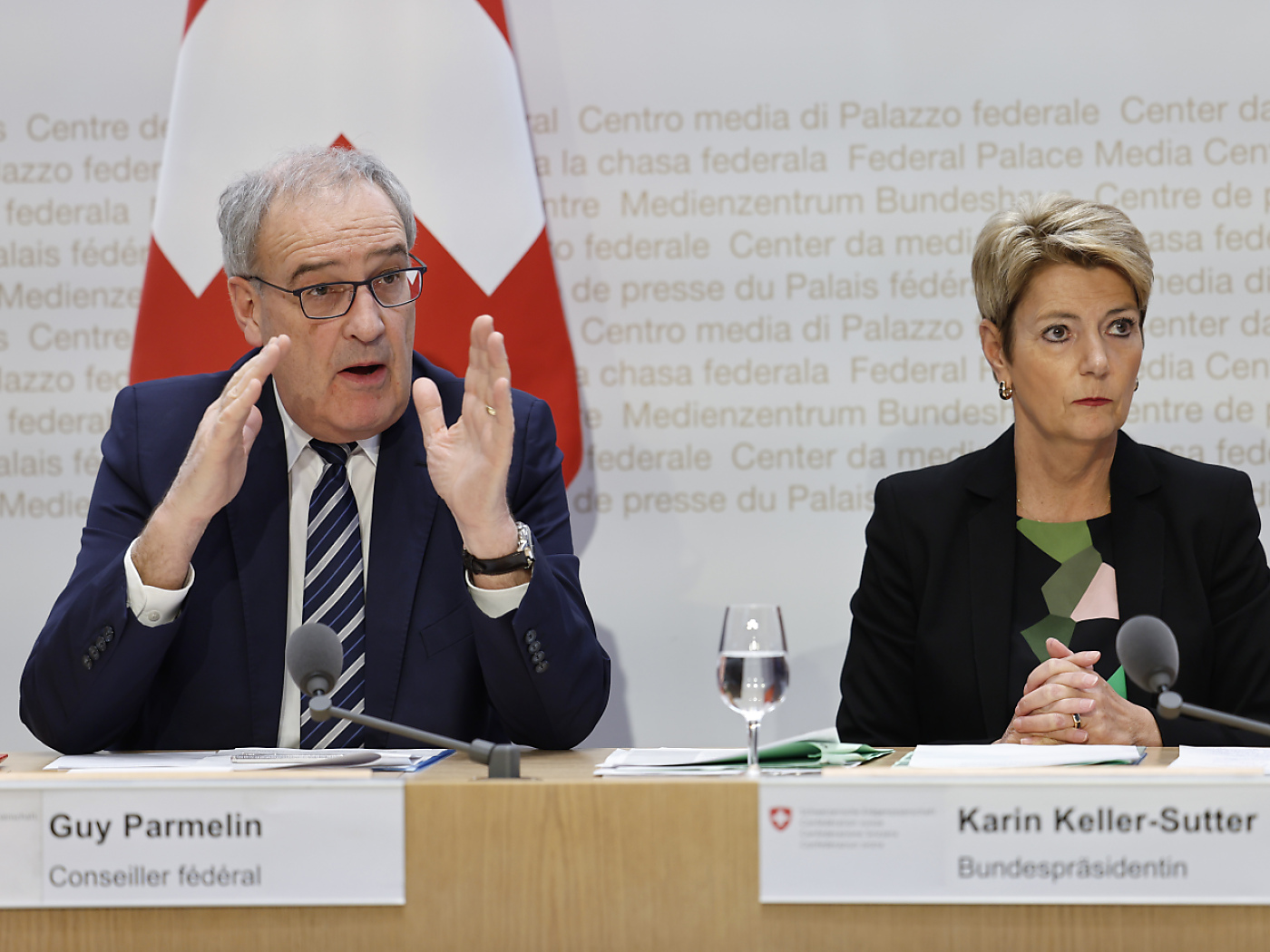





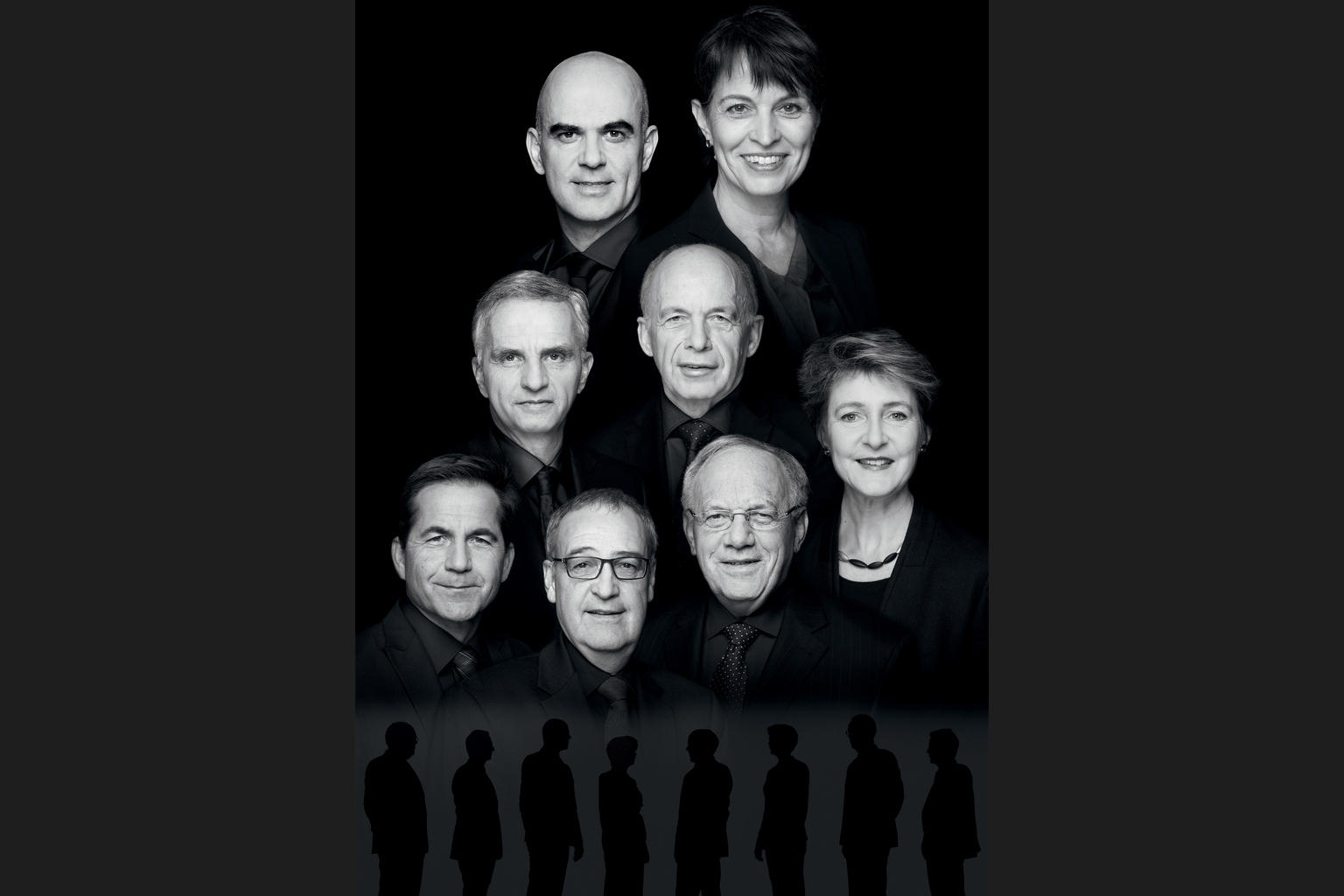




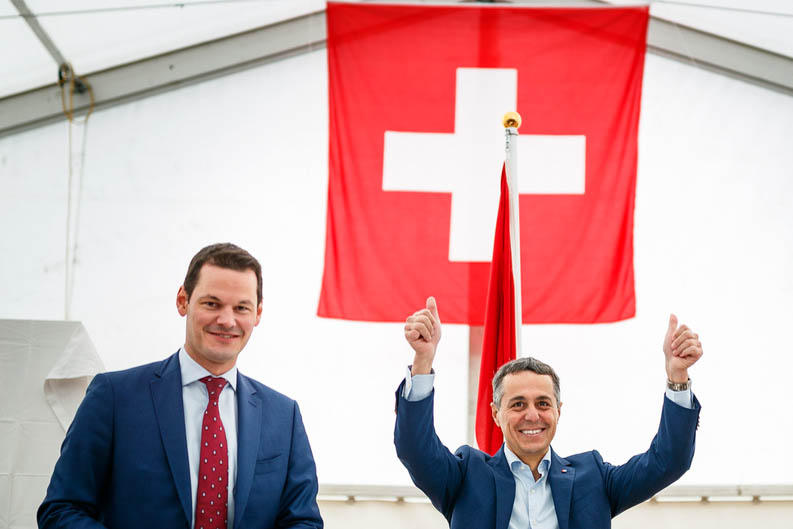
You can find an overview of ongoing debates with our journalists here . Please join us!
If you want to start a conversation about a topic raised in this article or want to report factual errors, email us at english@swissinfo.ch.